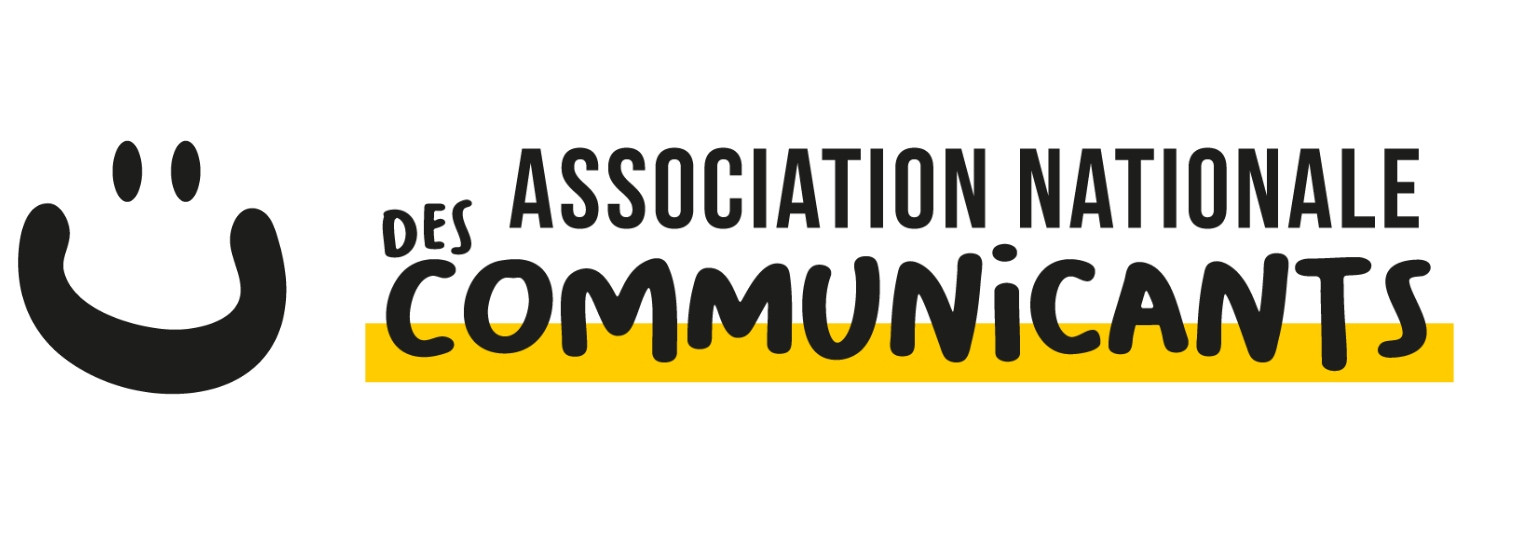Communications in a time of crisis: Learnings from the Impact of Covid-19
Click here to read the article in French
In the context of the International Training and Education Month promoted by the Global Alliance for Public Relations and Communications Management, I decided to look at the training offers of the different member organisations.
One of the them, the Public Relations Society of America (PRSA), caught my interest. It gathers American communications professionals, and more largely international professionals, on the topics of internal and external communications in companies and institutions. Considering the current epidemic context, I decided to follow the webinar called Managing Communications in a Time of Crisis: Learnings from the Impact of Covid-19 in order to apprehend the comprehension of this topic with an American perspective, and on the other hand, to develop another point of view on the issue. Here is what I learned and took away from this experience.
Trying a webinar
For 60 minutes and 200$ (free for the members of the PRSA: at this rhythm, my membership will be amortized way before the ease of the lockdown), this webinar was presented by Benjamin Thiele-Long, co-Head of Cognito, a British public relations agency.
Each event has its own presentation page gathering a resume of the contents and a resume of the key learnings one can have once following the webinar. This is a very Anglo Saxon way of presenting, but it allows to quickly grasp the topic and its ins and outs. In this case, this webinar offers to examine cases where crisis communication was efficient, while focusing on the lessons to be learned from and applied to the Covid-19 pandemic. After these 60 minutes, one should be able to understand the basics of crisis management, to reassure its clients and parties with solid preparation and sustained interaction.
After formal presentations, the webinar starts. It is structured around four main parts :
- the role of confidence in crisis managements
- an efficient action plan to avoid confusion
- to right messages to the rights medias
- the support to managers
I am not going to detail the whole presentation, but here are a few significative moments. First, on confidence, the speaker insists on the risks of a badly prepared or alarming communication, which can destroy the stakeholders confidence in just a few hours. For instance, the airline company United lost 4% of its stock value in 2017, after a disastrous communication about an overbooking issue. The speaker compares this crisis to the one experienced by the KFC brand in the United Kingdom which on the contrary was brilliantly controlled. On February 20, 2018, the majority of British KFC restaurants had run out of chicken to sell. On the day after, nationwide stock shortage. On February 23, the brand apologies to the public in a creative fashion.

An empty chicken bucket, an inversion of the letters of the brand, a simple and visible apology created a lot of attention and positive reactions for the brand: the apology had become the story instead of the crisis. Confidence was not hurt thanks to a well-prepared and well-executed communication. Following this example, Benjamin Thiele-Long offers several principles to apply in times of crisis.
Messages: 6 principles for communications in times of crisis
1- Keep it simple, not bland
2- People first
3- Action first
4- Don t become something you are not
5- It is ok to not know
The sixth principle, presented during the webinar in an illustration, expresses the necessity to link the messages to the preoccupations of clients or citizens, to avoid incomprehension which could be catastrophic.

Finally, the last slide taken from the presentation figuring below, is a good resume of the entire expose. It is necessary to identify the risky environments to be able to manage incidents, prevent crisis and prepare for them. If a crisis appears, addressing it with transparency and honesty to restore the situation and the course of action is central. The experiences and the learnings from a crisis will enable you to be better prepared for the upcoming risks. As Richelieu put it (it was not in the expose): We should not fear everything, but prepare for anything .

To conclude, this webinar was useful indeed to better apprehend the basics of crisis management; the speaker sustained his discourse over more than 30 slides with an efficient evocative power. These slides were made available to the participants before the end of the presentation which was really appreciated. However, with such an important volume of information, the 60-minute format implied a sustained rhythm which necessitated a good comprehension of the English language for the participants. This webinar could also have gained clarity if a few more minutes had been dedicated to a Questions & Answers time.
More generally, here are a few of my impressions about my first experience with the PRSA.
Yes...
When arriving onto the website, one can immediately grasp the wide array of services and contents, both the formats and the themes are very rich. Subscribing confirmed this first impression: I have been a member for a few days, and I am constantly asked to participate, vote, give my opinion For those who want to be better informed, want to consolidate their knowledge of communications practices in the US or of the strategic role of public relations in companies, this membership is without a doubt a good option for a reasonable cost. In a nutshell, the offer is professional, complete and motivating.
But
The offer remains very Anglo Saxon, focused on a Northern American way of approaching the subject : geographically, linguistically and culturally.
To conclude
It is always very enriching to take a look at what is happening abroad, and to turn your point of view towards international examples, specifically when comparison points are lacking. Considering this, the diversity of Global Alliance s members offers a large range of possibilities. If this resume has stung your curiosity, do not hesitate to look at the Resources of Global Alliance, giving you access to contents.
François Rouit for the International Committee
Presentation of the organisation
FRONT VIEW
1947 : creation of Public Relations Society of America (headquarters in New York City)
30 000 active members
118 000 subscribers on Linkedin
325 $ for the classic annual membership (260 $ + 65 $ for entry costs)
www.prsa.org
SIDE VIEW
Four spaces easily accessible on the homepage enabling users to get directly to the essential services:
1- Professional development: different training options declined in several formats, which can be customised on demand
2- Find a job: to access the American communications and public relations job-market
3- Conferences: gathering the events of the profession, organised all year long everywhere in the US
4- Get involved: choose to be a member of a regional representation of the PRSA

Commentaires0
Veuillez vous connecter pour lire ou ajouter un commentaire
Articles suggérés


